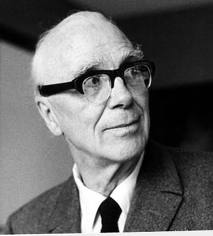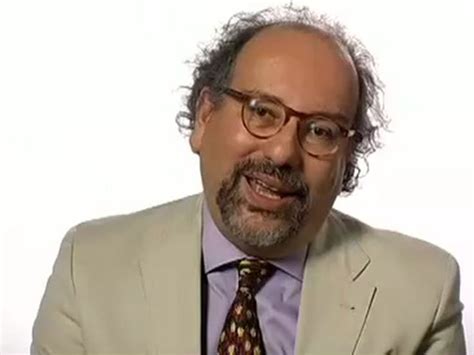A Quote by Mary Catherine Bateson
Solutions to problems often depend upon how they're defined.
Related Quotes
To be open to inspiration, one must cultivate a leaning for the problematic, a chronic attraction to things that do not totally fit, agree, or make sense. Inspired ideas are less often solutions to old problems than newly discovered or totally reformulated problems - problems 'created' like brilliant works of art.
Unintended consequences get to the heart of why you never really understand an adaptive problem until you have solved it. Problems morph and "solutions" often point to deeper problems. In social life, as in nature, we are walking on a trampoline. Every inroad reconfigures the environment we tread on.
Complexity has and will maintain a strong fascination for many people. It is true that we live in a complex world and strive to solve inherently complex problems, which often do require complex mechanisms. However, this should not diminish our desire for elegant solutions, which convince by their clarity and effectiveness. Simple, elegant solutions are more effective, but they are harder to find than complex ones, and they require more time, which we too often believe to be unaffordable





































